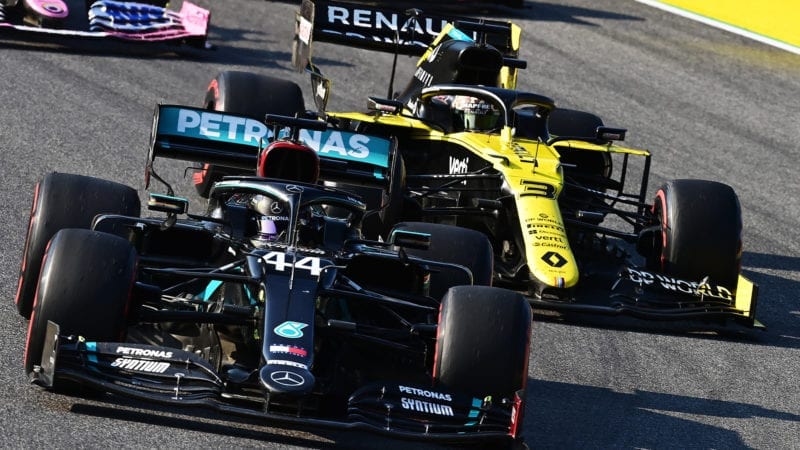“This is a huge challenge Honda must take on together with society. It’s not in consideration for short term revenues and profits but because we want to have the target of carbon neutrality.”
Honda believes its very existence – and, and by implication, those of any other current automotive manufacturer – is dependent upon solving the technological challenges of providing carbon-neutral transport 30 years from now. All of which seems to leave Formula 1 participation for Honda without either an R&D or marketing justification.
Which naturally has implications beyond just Honda. Increasingly, petrol-driven cars are going to be niche, enthusiast-focused machines. As such Renault’s rebranding of its team from next year to Alpine makes a certain sense. As Renault’s mainstream range steadily electrifies, it would seem a good idea to give the enthusiast models a different identity – and Alpine fits perfectly. But it’s an obscure brand by the standards of the automotive world, almost as if Renault was looking to camouflage its presence in F1 but concurrently add kudos to its sporting brand.
Ferrari is always an exception in such a context and F1 will always correlate strongly to its core values and how it markets its products. Leaving just Mercedes. It has a Formula E team. Its F1 team is part-owned already by Toto Wolff. It could actually be a less-than-calamitous exit for Mercedes if it too began to think along Honda’s lines. Especially if it continued to be an engine supplier, thereby gaining some revenue from all that investment. If that happened at the end of ’21 suddenly Red Bull might have a plug-in competitive power unit…
Stranger things have happened.




